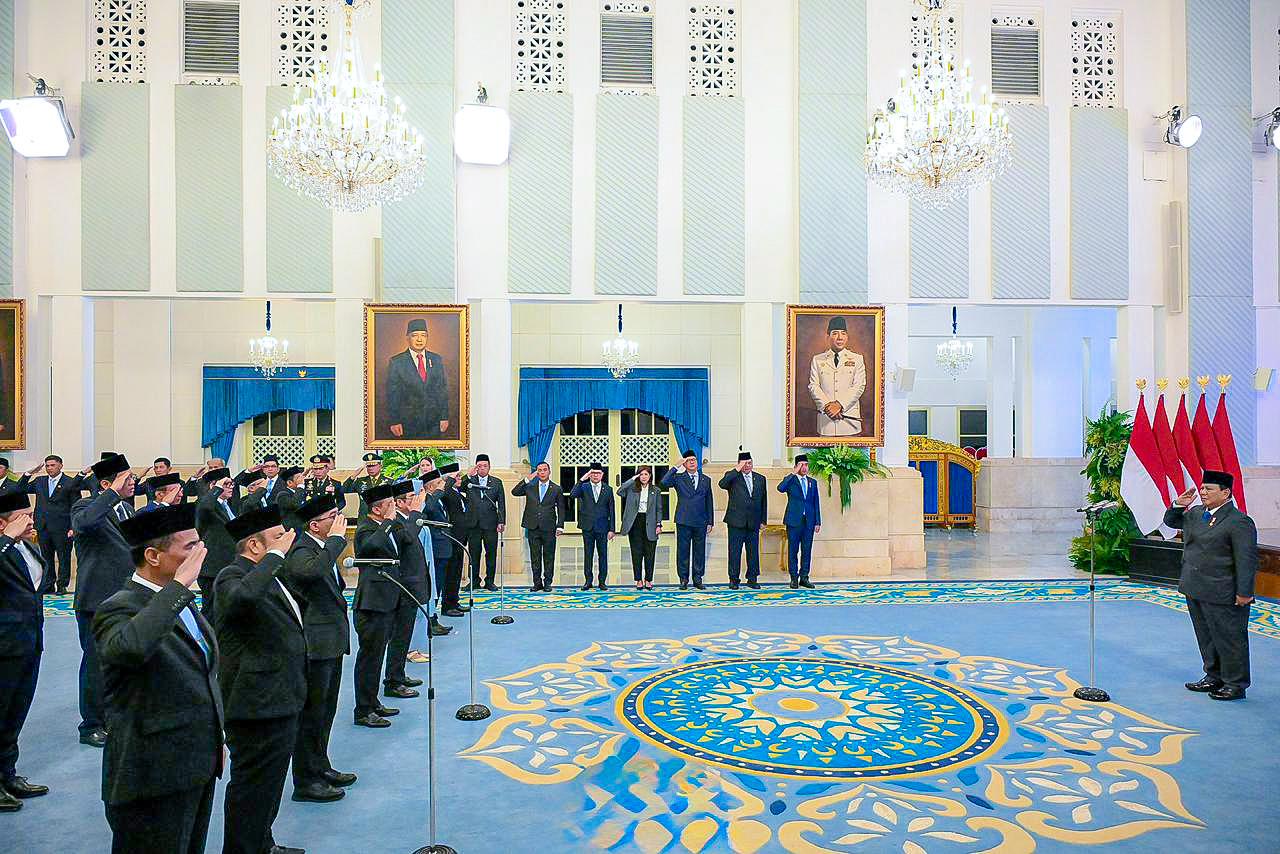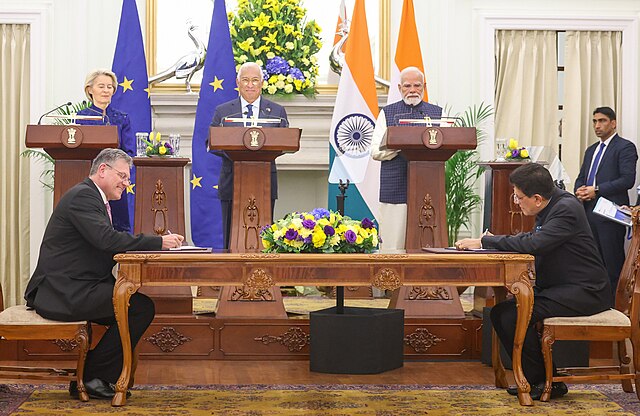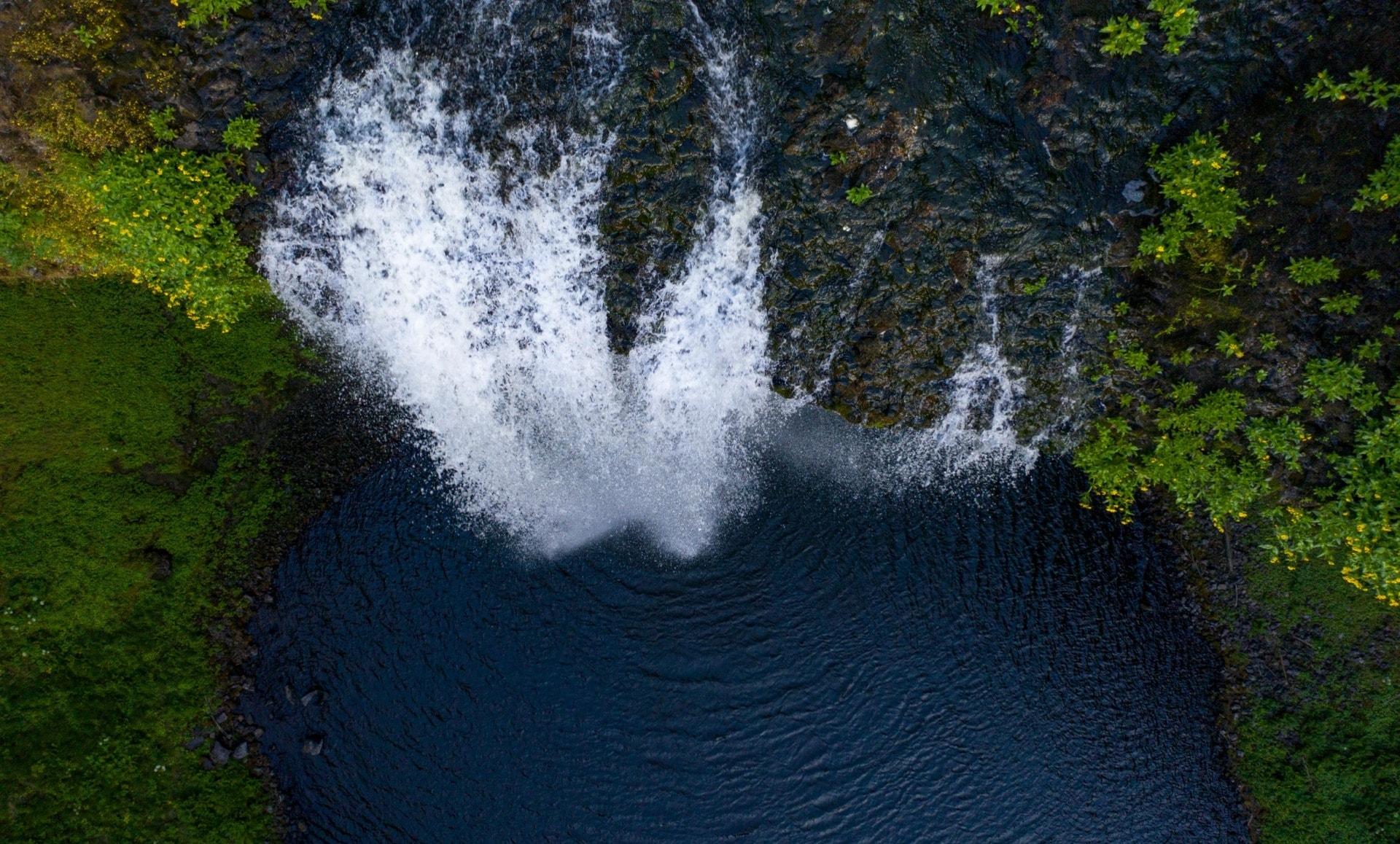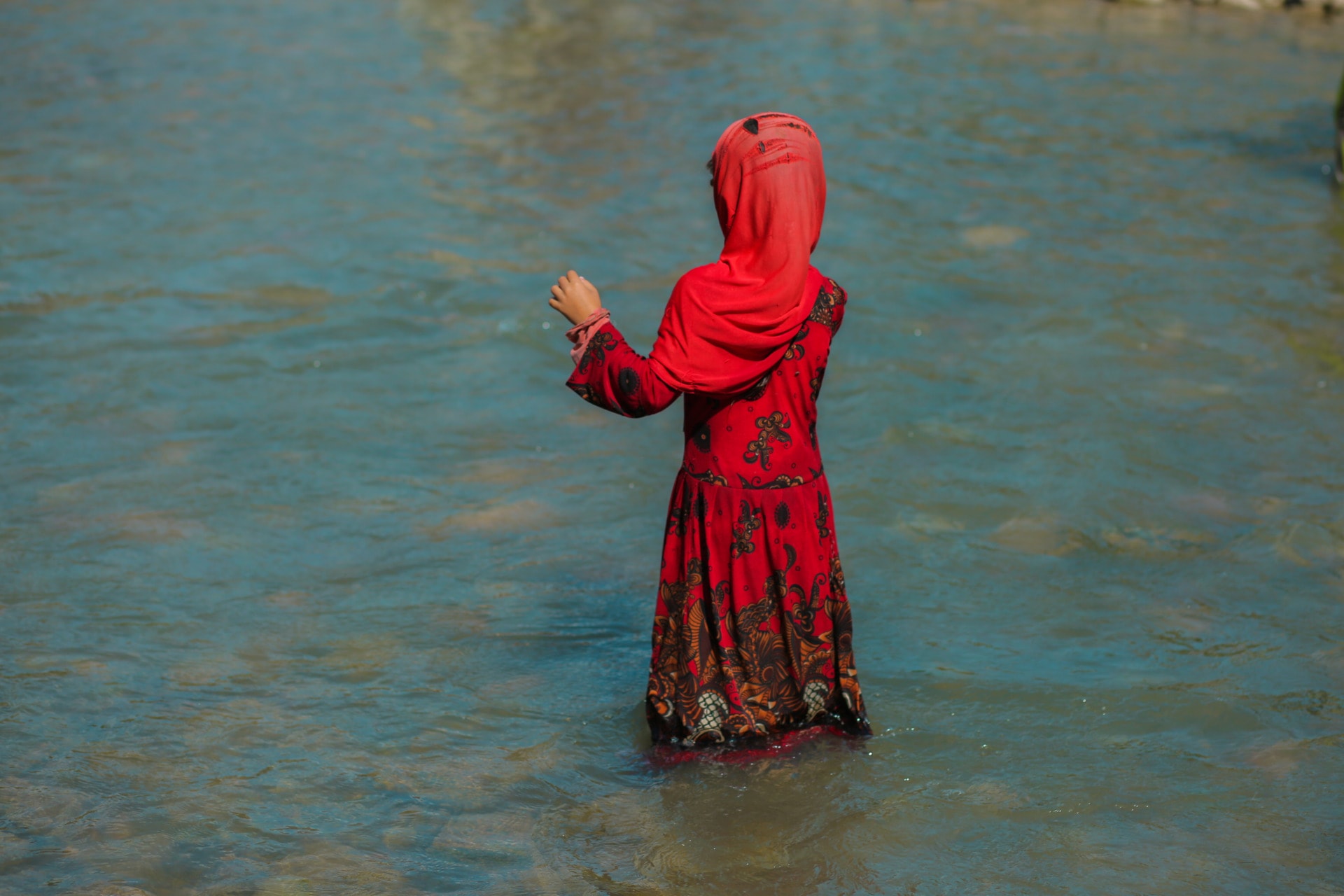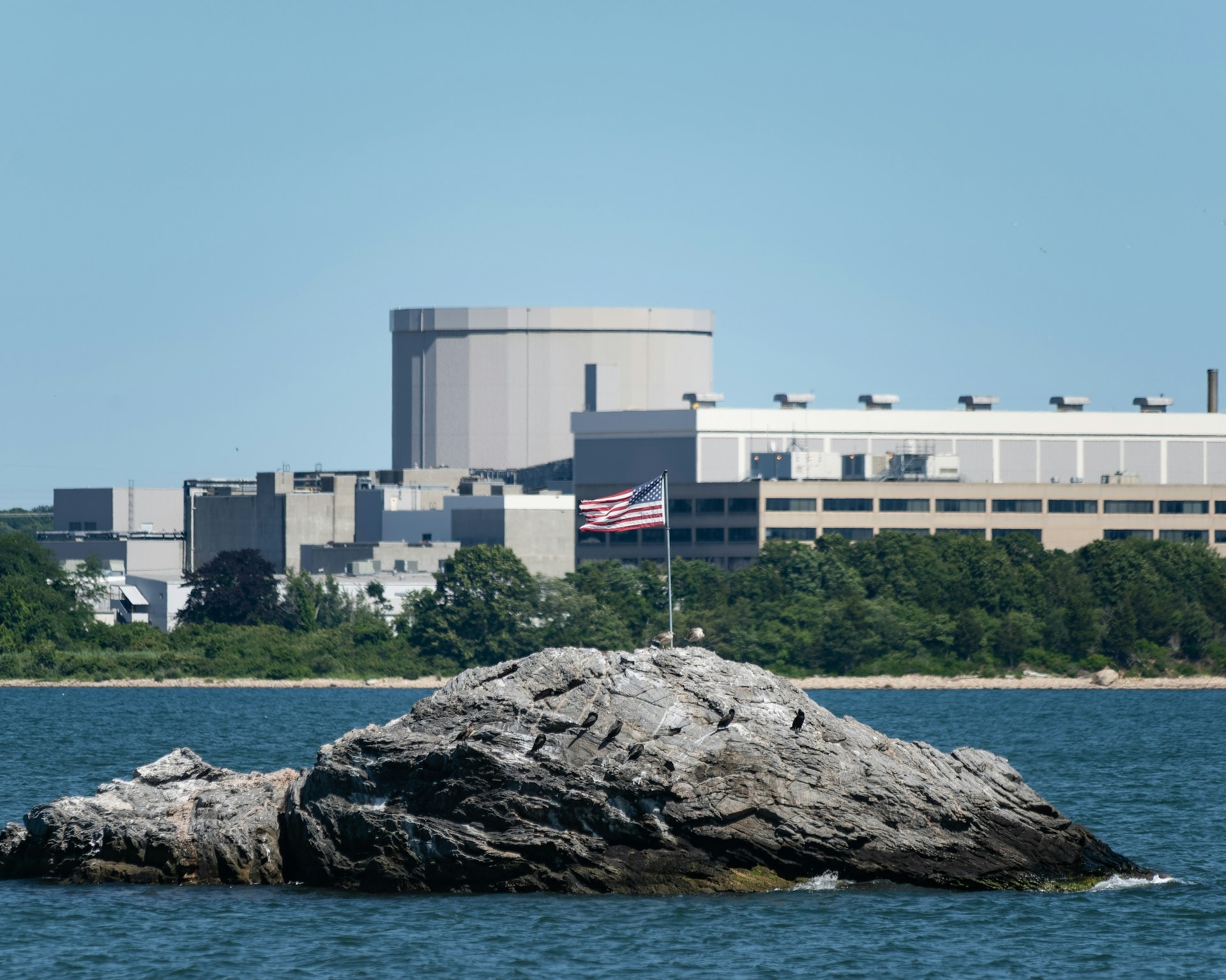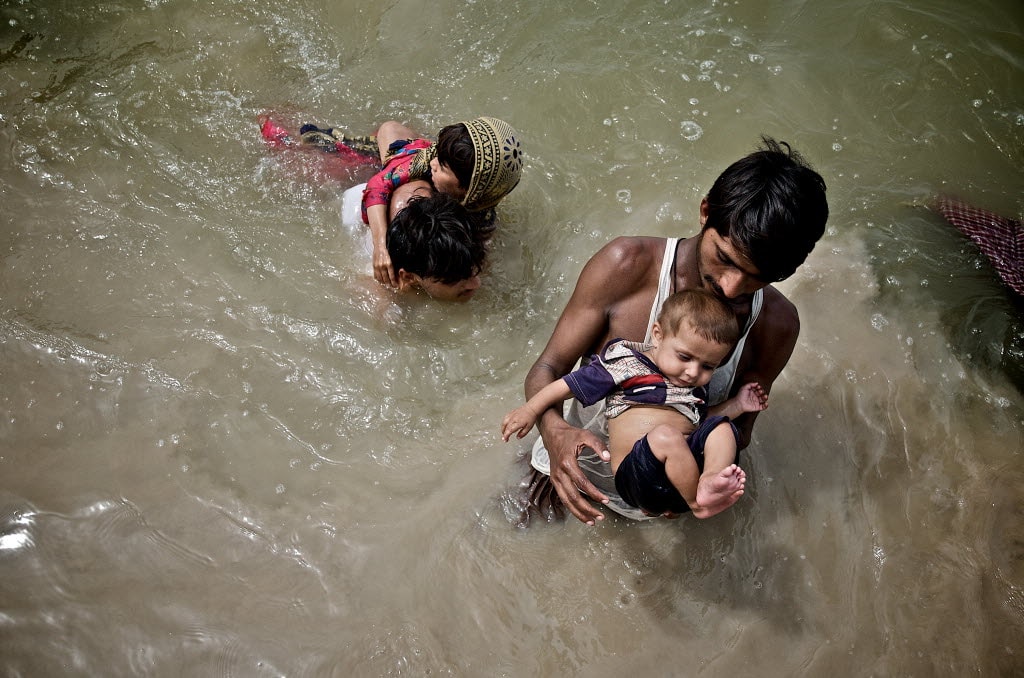Access to clean water is still limited for a large number of people across the world. Startups like Emirate-based Manhat are working to change this. Launched in 2019, Manhat uses its proprietary natural water distillation technology to speed up and capture the evaporation of ocean water on the surface. The water could then be used for several purposes including Manhat’s pilot project: floating farms, using the freshwater collected to irrigate and grow crops right at the source.
Manhat was among the winners of the “Water Europe Innovation Awards 2022” and in light of this week’s World Water Week, we had a chat with the founder, Dr. Saeed Alhassan Alkhazraji.
Can you tell us more about the solutions you are developing?
Dr. Saeed Alhassan Alkhazraji: We have developed a technology that can produce water from open water surfaces without using electricity. The concept in its simplest form relies on water evaporation from open water surfaces due to solar radiation impacting water surfaces.
Our technology focuses on capturing this evaporating water in its vapor form and condensing it on surfaces. Thus, producing water in the process. Our technology has three elements: water production, direct irrigation, and water transportation.
We are the only water technology that can be integrated to provide floating farm solutions. We sustainably harvest the freshwater from lost evaporated water from open water surfaces and use it immediately to irrigate the floating farms. There are very few floating farms around the world. Still, they all depend on grid water, either groundwater or water from desalination plants, which negatively impacts the environment.
As you can see in the cover picture, the prototype farm is made of acrylic, transparent, and placed on a pontoon, allowing it to float. Anchored devices are installed into the concrete walls of the corniche, whereas floating devices can be easily deployed to the water surfaces. We are able to showcase the water production without using any electricity, hence, zero carbon dioxide emissions.
Why have you decided to take on this challenge?
Dr. Saeed Alhassan Alkhazraji: There are several reasons behind our decision to take on this challenge. First, we are aware of the geography and the environment in UAE, which doesn’t have a large source of fresh water except for underground water. However, underground water is limited and often salty. Second, we wanted to approach the water challenge differently than what has been done before.
Water can be produced from seawater through many different desalination technologies, but they are energy intensive and produce brine – which is harmful to aquatic life in the long term. When we took on this challenge, we wanted to provide a more novel and sustainable solution to water scarcity – not only in UAE but across the globe.
RELATED ARTICLES: World Water Day 2022: Problems and Solutions | Data4WASH, A Platform to Improve Access To Clean Water | The Quest for Clean Water: Startups & Their Solutions | As Cities Grow Across Africa, They Must Plan for Water Security
At what stage of the project are you?
Dr. Saeed Alhassan Alkhazraji: We are at the prototyping stage and our next target is a pilot project. Anchored and floating prototypes have been deployed in Abu Dhabi locations to validate the technology in collaboration with Abu Dhabi Ports. In these prototypes, we have successfully produced water with zero electricity and are still bringing some changes to these designs to enhance the performance.
Being based in Abu Dhabi has been essential to our prototyping stage, as we have benefited from an ecosystem that encourages innovation by collaborating with local companies and participating in programs that support the protection of intellectual property. Abu Dhabi has an ambitious plan in sustainability fields, including renewable energy and the protection of wildlife, which supports startups and has allowed us to establish a presence in Abu Dhabi.

How do you expect your Manhat to develop in the long and short term?
Dr. Saeed Alhassan Alkhazraji: In the short term, we will focus on the development of floating farms as a way to capitalize on water production. In parallel, we will work on enhancing water production technology. In the long term, we will focus our efforts on customizing our floating farms to suit different crops.
Our next goal is to launch a pilot floating farm to grow mushrooms and generate revenue. If we are successful, we will expand our technology globally. We expect the pilot project to be constructed and evaluated over a period of 12-18 months. These studies will help us analyze the performance and improve our technology.
After this pilot evaluation period, we will expand our technology to cover other crops including wheat and rice. The floating farms will integrate with our core technology, producing water from open water surfaces. This water can irrigate the crops on these floating structures that we build on open water surfaces. In 5 years’ time, we would have technologies available to grow different crops of high commercial value.
Editor’s Note: The opinions expressed here by Impakter.com columnists are their own, not those of Impakter.com –In the Featured Photo: Rendering of Manhat floating farm. Photo credit: Manhat.






